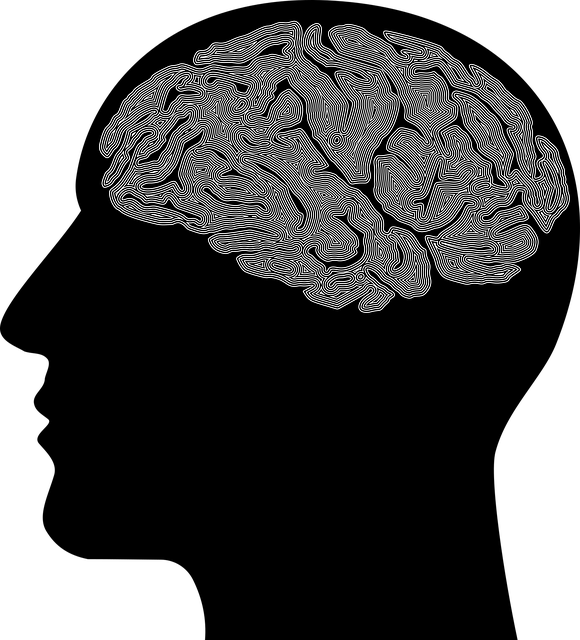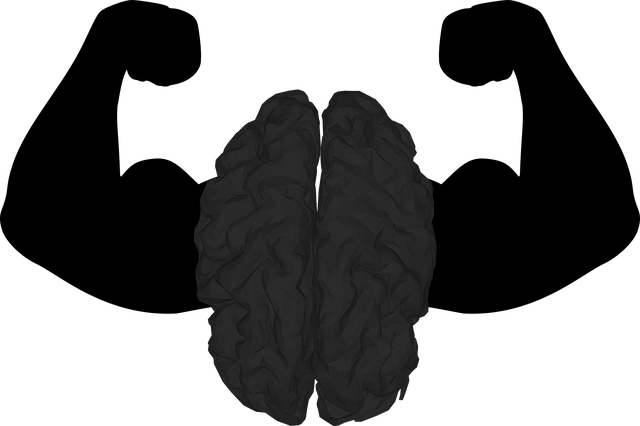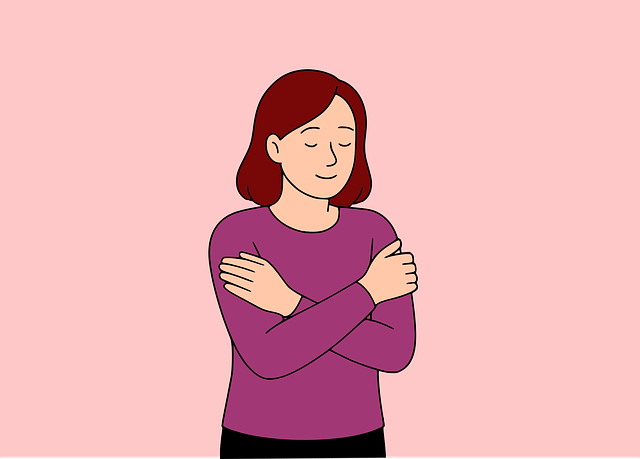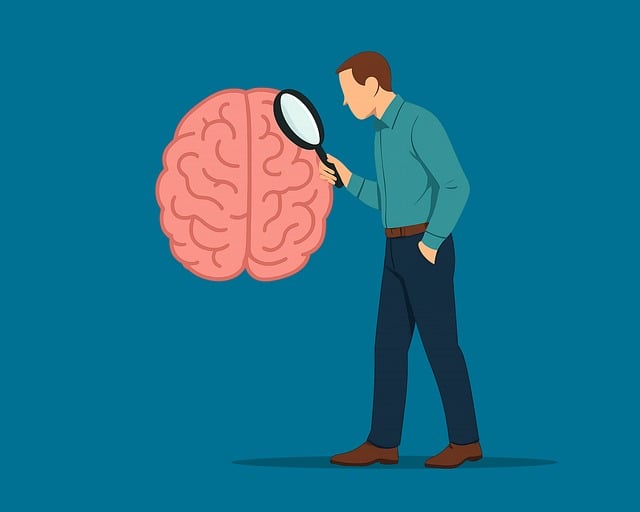Self-care through therapy is vital for children's well-being, focusing on physical, emotional, and mental health. It includes activities like journaling, mindfulness, and communication strategies to manage emotions and reduce stress. Anger management techniques, tailored to each child's needs with cultural sensitivity, empower kids to regulate their emotions effectively. Incorporating these practices into daily routines enhances emotional control, fosters resilience, and promotes long-term mental wellness, especially in navigating challenges like anger.
Self-care is an essential aspect of overall well-being, and for children, it’s about nurturing their minds and emotions. This article explores various self-care practices tailored to improve young lives. We delve into the significance of understanding self-care for children’s mental health, offering a step-by-step guide to managing anger—a common challenge faced by kids. Additionally, we provide strategies to incorporate therapeutic techniques and build resilience, emphasizing the role of therapy in promoting healthy coping mechanisms for long-term mental well-being.
- Understanding Self-Care: Why It's Crucial for Children's Well-being
- Identifying and Managing Anger in Kids: A Step-by-Step Guide
- Incorporating Therapy Techniques into Daily Routines for Better Self-Care
- Building Resilient Coping Strategies for Long-Term Mental Health
Understanding Self-Care: Why It's Crucial for Children's Well-being

Self-care is an essential aspect of overall well-being, especially for children. It involves recognizing and prioritizing one’s physical, emotional, and mental health needs. For kids, this can mean engaging in activities that help them relax, manage their emotions, and develop healthy coping mechanisms. Understanding self-care is crucial because it equips children with the tools to navigate their feelings, reduce stress, and enhance their mental wellness.
Children often express anger or frustration as a response to underlying issues, and therapy can provide valuable guidance for both kids and parents. Through journaling exercises, mindfulness practices, and effective communication strategies, children can learn to process their emotions healthily. By integrating mind over matter principles, they can transform negative thoughts into positive ones, fostering resilience and overcoming mental illness stigma reduction efforts. This holistic approach ensures that children develop self-care habits early on, setting them up for a lifetime of emotional well-being.
Identifying and Managing Anger in Kids: A Step-by-Step Guide

Managing a child’s anger effectively involves a multi-step approach that combines understanding, patience, and strategic intervention. The first step is to identify the triggers. Children may struggle to articulate their feelings, so parents or caregivers should observe patterns in behavior and environments that consistently lead to outbursts. This could be anything from specific tasks like homework time to external stimuli such as crowds or changes in routine. Once identified, these triggers can be discussed openly with the child, helping them develop awareness and language around their emotions.
The next crucial step is building emotional regulation skills. Teach children coping strategies tailored to their age and developmental stage. This might include deep breathing exercises, counting to ten, or engaging in physical activity to release excess energy. Empathy building strategies can also be powerful; encouraging kids to consider the impact of their anger on others fosters a sense of responsibility and strengthens social connections. Regularly practicing these techniques with support from a healthcare provider or undergoing therapy for children with anger management issues can significantly improve a child’s ability to manage their emotions, leading to more harmonious interactions within the family and community.
Incorporating Therapy Techniques into Daily Routines for Better Self-Care

Incorporating therapy techniques into daily routines can significantly enhance self-care practices, particularly for children struggling with anger management issues. Child therapy often provides valuable tools to navigate and understand emotions effectively. One such technique is mindfulness training, which teaches kids to be present in the moment and recognize their feelings without judgment. This skill can prevent impulsive actions and promote better emotional regulation.
Additionally, integrating mental wellness journaling exercises into daily routines encourages children to express themselves creatively and develop a deeper understanding of their moods. Journaling allows them to reflect on triggers, process emotions, and track progress over time. With cultural sensitivity in mental healthcare practice gaining importance, it’s crucial to adapt these techniques to suit diverse backgrounds, ensuring every child receives tailored support for their unique needs.
Building Resilient Coping Strategies for Long-Term Mental Health

Building resilient coping strategies is essential for long-term mental health, especially in children who are still developing their emotional regulation skills. Therapy can play a pivotal role here, offering tools to manage anger and other intense emotions effectively. Anger management techniques, when integrated into a child’s self-care practices, can help them navigate stress and challenges more adaptively.
Self-care routine development is not just about maintaining mental health; it’s an active process of cultivating well-being. By encouraging positive thinking and incorporating age-appropriate coping mechanisms, children can build a robust foundation for their future mental resilience. This equips them with the ability to handle life’s ups and downs, fostering a sense of control and empowerment.
Self-care is not just a trend, but an essential practice for children’s overall well-being. By understanding and incorporating techniques like anger management through therapy, parents and caregivers can foster resilience and healthy coping strategies in kids. These practices empower young individuals to navigate life’s challenges and promote long-term mental health. With dedicated effort, we can ensure children grow up with the tools needed to thrive both emotionally and psychologically.









